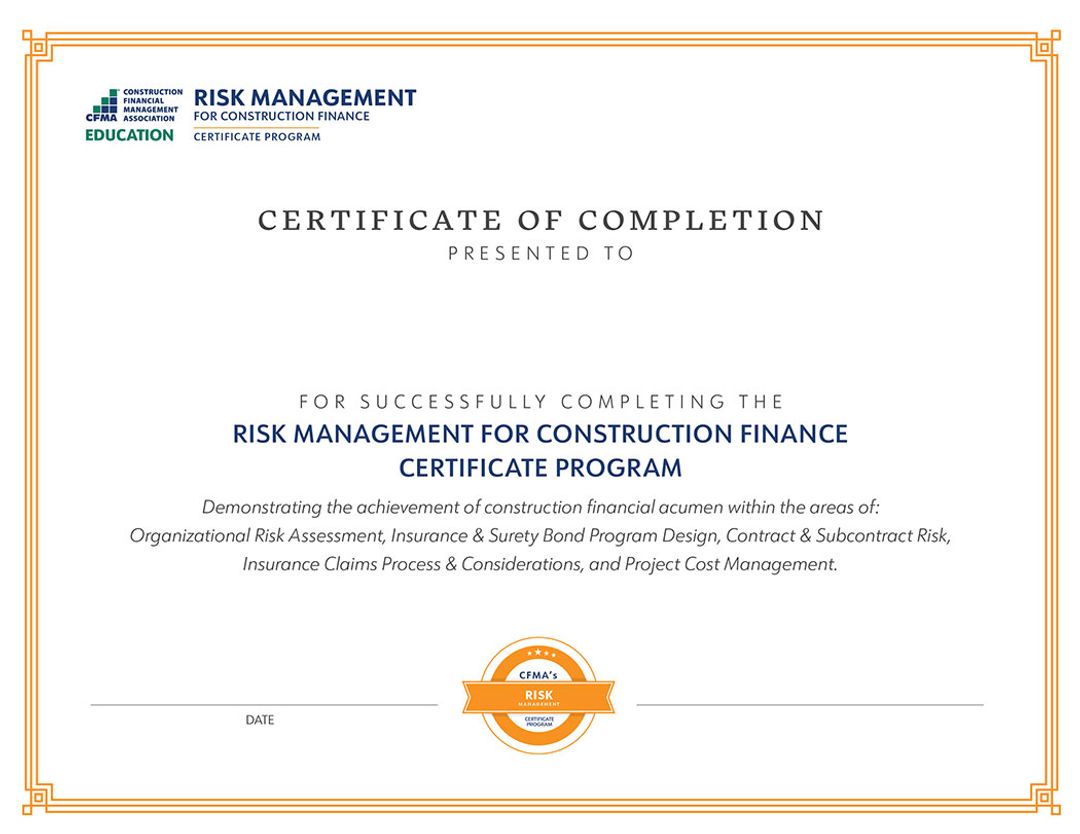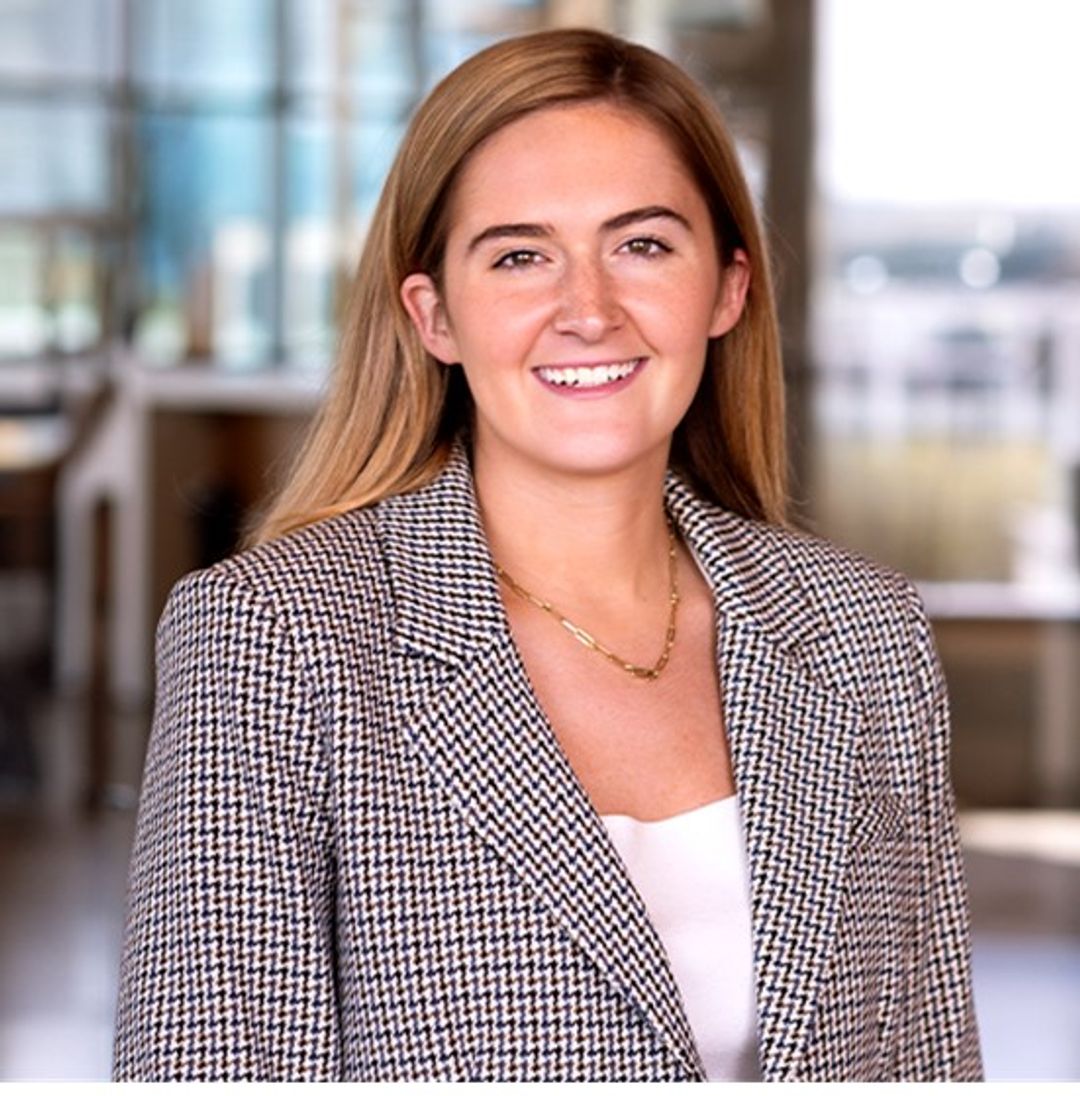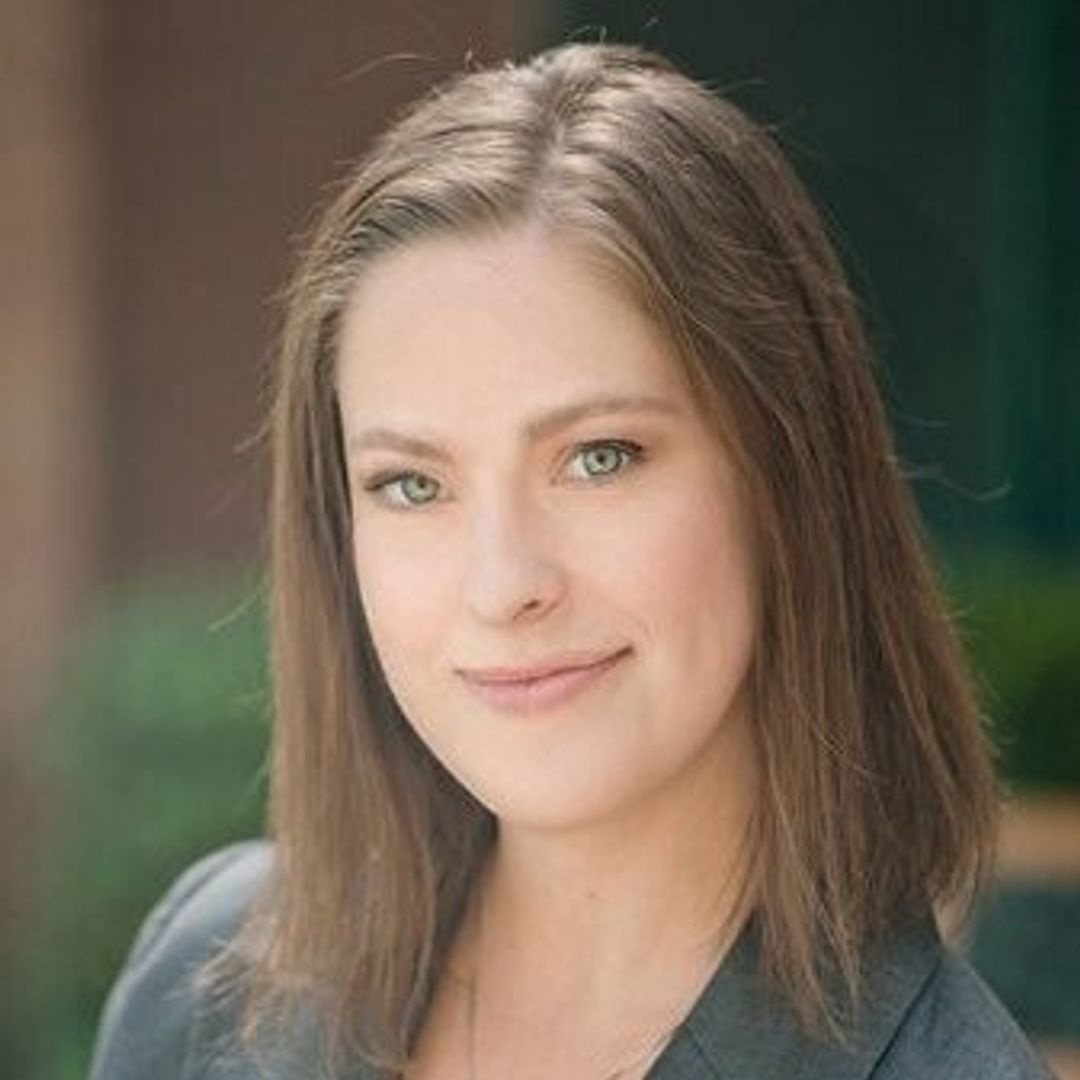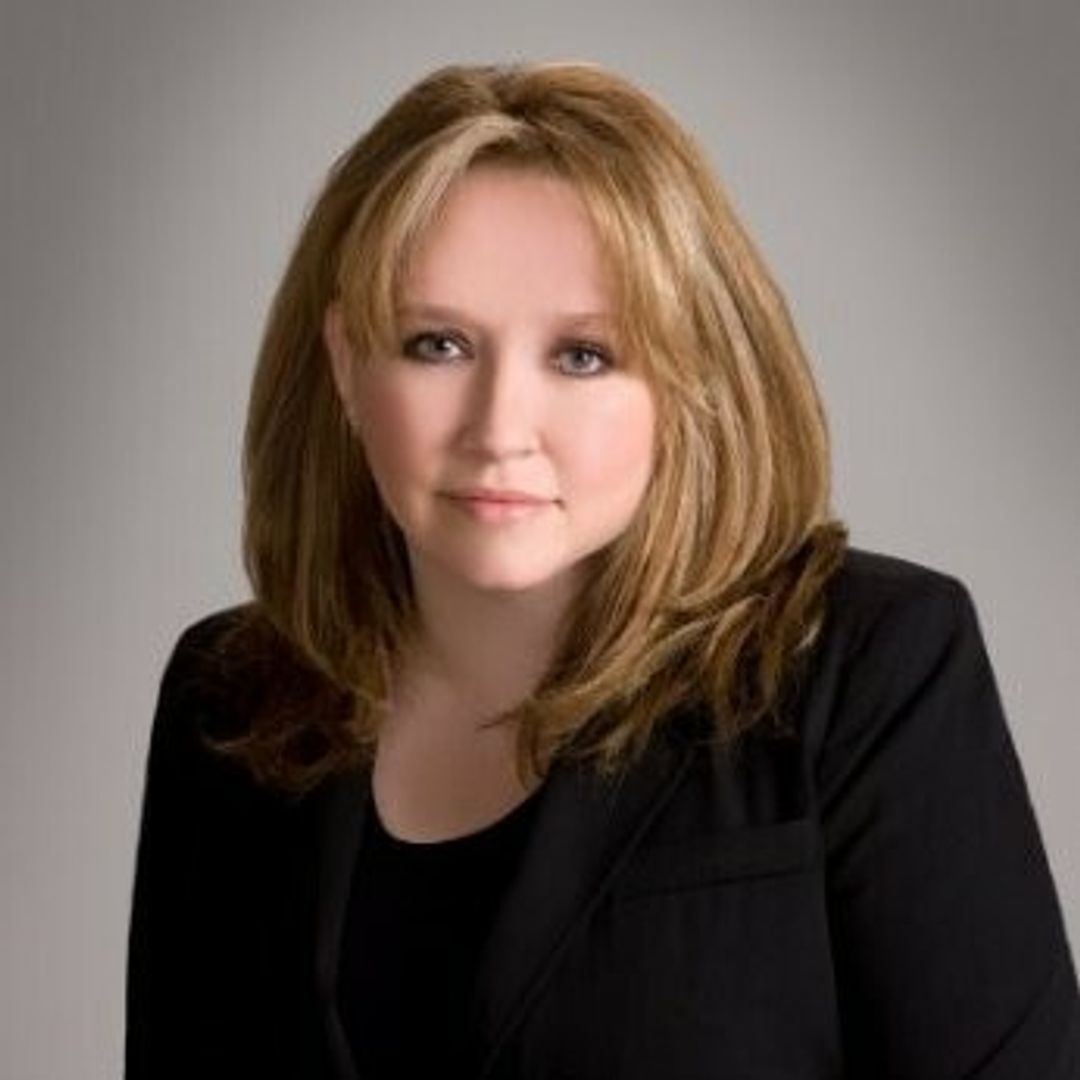Risk Management for Construction Finance Certificate Program

Chris Duprey, CCIFP, CPA, CFO
Granger Construction Company
In many organizations, the construction financial professional (CFP) is also the de facto executive in charge of risk management. CFPs that have progressed in their careers via the controller and/or CFO route often lack a formal background in construction risk.
Risk management situations inevitably have significant positive or negative financial impacts on an organization; being thrust into such a role can be a daunting challenge. Therefore, developing expertise in this area is an opportunity to grow your skillset and add value to your organization beyond traditional financial reporting and analysis.
CFMA’s Risk Management for Construction Finance Certificate Program has been designed as an advanced certificate of completion program to specifically address the risk management needs of CFPs.
The Risk Management for Construction Finance Certificate Program — which starts on February 6 and is scheduled on consecutive Tuesdays from 3-5 PM ET, concluding on March 5 — is anchored in five case studies that will be presented by leading industry professionals and delivered through live, online modules with interactive exercises. A private online discussion community will also provide the opportunity to share your thoughts and engage with participants throughout the program.
The five modules in this certificate program are:
- Organizational Risk Assessment
- Insurance & Surety Bond Program Design
- Contract & Subcontract Risk
- Insurance Claims Process & Considerations
- Project Cost Management
Each module will unpack a unique case study and will require your participation via live roundtable discussions, group assignments, and communication forums. Participants will receive a case study to read and review prior to each live session.
The Risk Management for Construction Finance Certificate Program will conclude with a final activity in which participants will be required to submit a one-page summary demonstrating knowledge learned. Upon successful completion of the program requirements, participants will receive a certificate of completion in the form of a digital badge.

Risk Management for Construction Finance Modules
Tuesday, February 6, 2024, from 3-5 PM ET
Before a CFP can take steps to address risk, they must be able to accurately identify and assess the risks in their organization. This involves developing a comprehensive understanding of risk as it pertains to specific business operations and processes.
Once risks are categorized, you can develop a strategy for whether risks should be avoided, assumed, transferred, or mitigated.
By the end of this module, you will be able to:
- Identify and assess the various risks facing your organization.
- Classify whether risks are being avoided, assumed, transferred, or mitigated.
- Perform a gap analysis regarding any risks that are currently left unaddressed.
- Develop an enterprise-wise risk management strategy that protects your organization.

Principal
FMI Consulting
Camille Edwards is an account executive for FMI’s risk management discipline and the captive insurance consulting practice. She is responsible for supporting and delivering risk management consulting services and providing key insights on subcontractor risk management and captive insurance strategies. In the captive insurance consulting practice, Camille maintains strong relationships with clients and works closely with key service providers. She has previous experience in large contract surety and bonding.

Account Executive
FMI Consulting
Tuesday, February 13, 2024, from 3-5 PM ET
Risk management is more complex than merely purchasing insurance; however, insurance program design is a key element of the risk mitigation strategy for any construction company.
Covering the greatest amount of risk in the most cost-efficient manner while also considering the company’s overall tolerance for financial risk is an important task for any risk manager. Enhancing your knowledge of insurance markets, programs, and policies will help you become a better business partner to the insurance broker that is assisting your company with program structure.
Surety differs from insurance but is another risk transfer method that also plays a critical role. In addition to maintaining a strong surety relationship that provides bonding for the work that your company performs, surety bonds also help protect your company against downstream defaults that can have catastrophic financial impacts. Understanding the entire surety spectrum is key.
By the end of this module, you will be able to:
- Understand the basic elements of key insurance policies such as property, liability, auto, workers’ comp, professional, pollution, umbrella, and builders risk.
- Assess where your company falls on the insurance risk continuum.
- Structure an insurance program design that can serve as a roadmap for discussions with your broker.
- Catalog issues not addressed by your current program for discussion and evaluation.

Client Executive
Hylant
Tuesday, February 20, 2024, from 3-5 PM ET
Absent the presence of a General Counsel within your organization, it is likely that contract and subcontract review is the responsibility of the CFP. Every project involves several contractual commitments, not just the prime contract with your customer.
CFPs must understand what contracts say, what contracts mean, and be able to envision what could go wrong so they can protect against negative financial outcomes.
By the end of this module, you will be able to:
- Identify and comprehend key legal terminology that is found in most construction contracts.
- Identify risks that your company is assuming in a given contractual situation.
- Structure your own downstream contracts in a manner that limits gaps.
- Be able to distinguish negotiable from non-negotiable contract terms and language.

Principal, Wagonheim Law
Founder, First Rule Contract Training
Tuesday, February 27, 2024, from 3-5 PM ET
In the world of contracts and insurance, everything is fine until something goes wrong. Unfortunately, the primary manner in which your risk management practices and insurance program design are tested is in the event of a claim. Understanding how insurance claims develop and progress is critical for CFPs to best position their companies for success in these situations.
By the end of this module, you will be able to:
- Understand key milestones associated with an insurance claim.
- Effectively serve as the quarterback for the claim, interfacing with operations personnel and your broker and carrier to move claims forward.
- Track the different types of costs effectively to maximize claim recovery.

Chief Financial Officer
Arch-Con Corporation

General Counsel
Arch-Con Corporation
Tuesday, March 5, 2024, from 3-5 PM ET
CFPs often lament that project management personnel are excellent at building but lack a well-rounded understanding of cost management. Profit protection and enhancement should be the focus of all operations teams, and the CFP is the engine that drives these processes. By expanding beyond financial reporting of “the news” and becoming a partner to operations, the CFP is doing its part to protect job profit.
By the end of this module, you will be able to:
- Establish process rhythm for effective job profitability review and management.
- Foster a culture of clear, open communication and proactive situation management.
- Identify negative trends in job cost early — before problems become more expensive to solve.
- Improve the financial acumen of project teams and operations leaders across your organization.

Director of Accounting and compliance
Abbonizio Contractors
Kimberly Hullfish has over 20 years of experience in the construction industry and is the Controller for C. Abbonizio Contractors, Inc. in Deptford, NJ, where she has worked for 15 years. She is responsible for all accounting functions, as well as job cost, accounting controls, insurance, human resources, and IT. She works closely with the CFO on projects including Captives, Succession Planning and Tax Planning.
Kimberly has been a member of CFMA for over 12 years and is the Immediate Past President for the South Jersey Chapter and is an active member of the Philadelphia Chapter. She received her CCIFP Certification in 2012, is currently serving on the Board of Trustees for the ICCIFP, and received the CFMA Joe Quigley Memorial Award in 2018. Kimberly first taught the CCIFP Overview course in 2014 and has gone on to deliver several other educational programs for CFMA both in person and live online.
Level & Prerequisites
This is a group internet-based certificate program at the Advanced Level. Some prereading and preparation is required before participating in each module in the program.
CPE Information
Earn 2.0 CPE credits for attending each module, with a total of 10.0 CPE credits in the field of Management Services upon completion of the entire program.
Please note that CPE credits can only be earned by attending the live modules and are not available by watching the recordings.
CCIFP Information
Earn 2.0 CCIFP Professional Development credits for attending each module, with a total of 10.0 CCIFP Professional Development credits toward the General or Construction Requirement upon completion of the entire program.
Who Should Attend?
- Business owners
- CFOs
- Construction financial professionals
- Controllers
- CPAs who provide services to construction clients as well as insurance agents and brokers
- Internal risk management professionals and/or general counsel
- Risk managers
“In many organizations, the construction financial professional is also the de facto executive in charge of risk management. CFPs that have progressed in their career via the controller and/or CFO route often lack a formal background in construction risk.
Risk management situations inevitably have significant positive or negative financial impact on an organization. Being thrust into such a role can be a daunting challenge. At the same time, developing expertise in this area is another avenue for growing your skillset and adding value to your organization, outside of the traditional financial reporting and analysis.” — Chris Duprey, CCIFP, CPA, CFO Granger Construction Company.